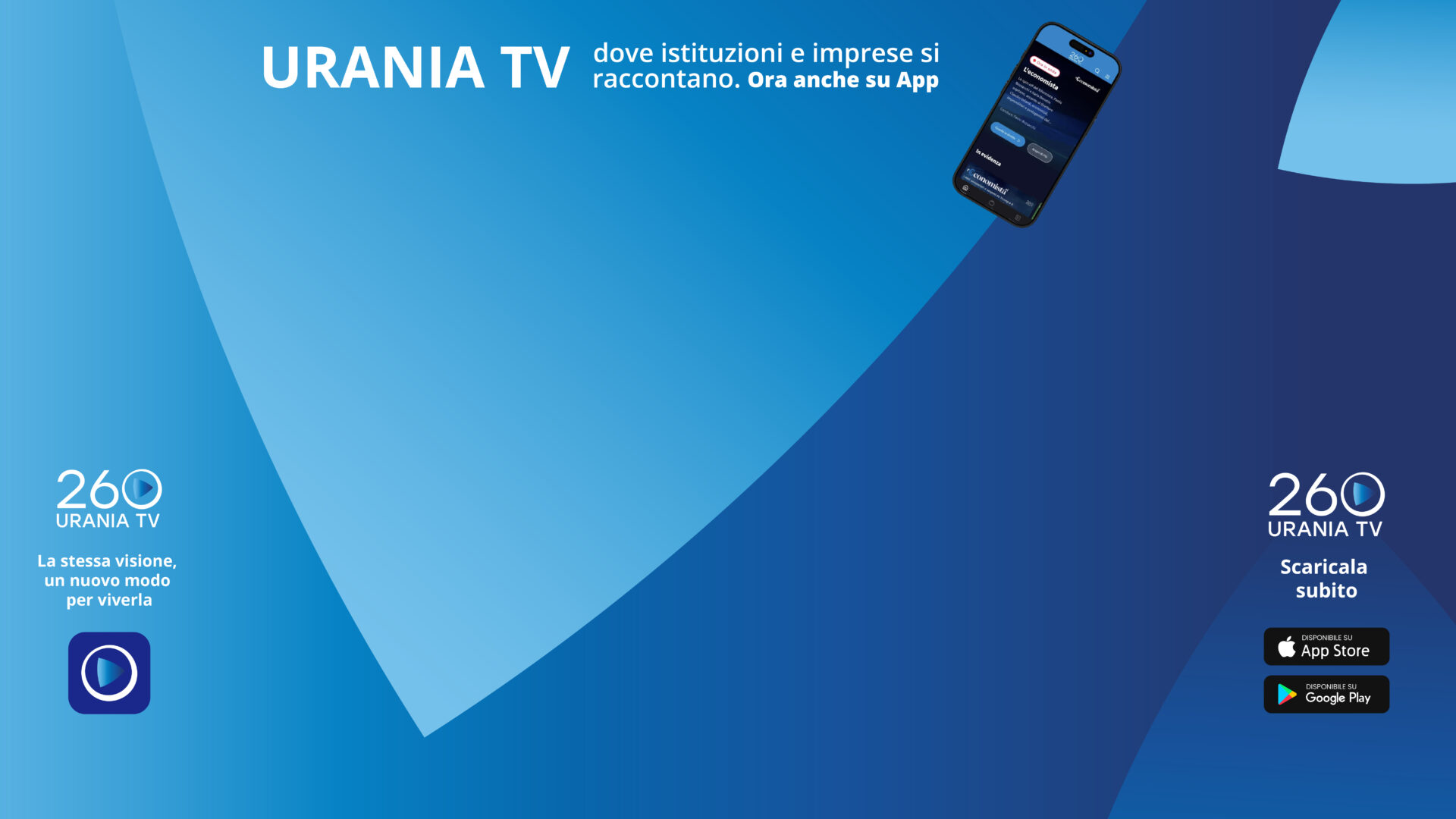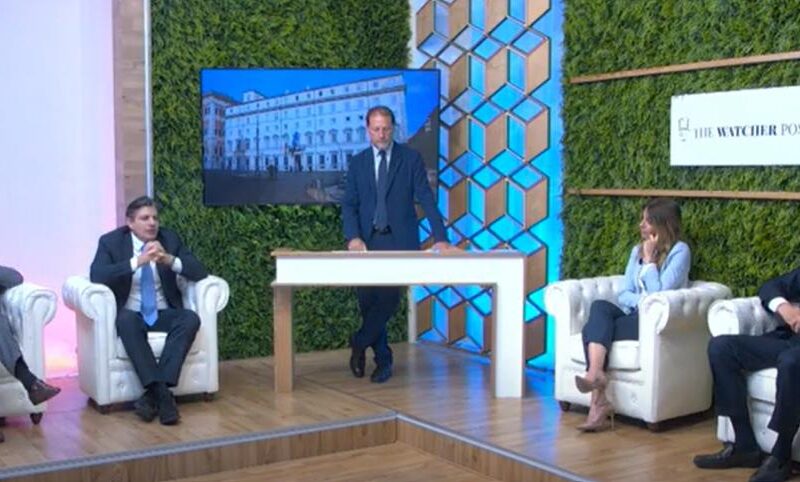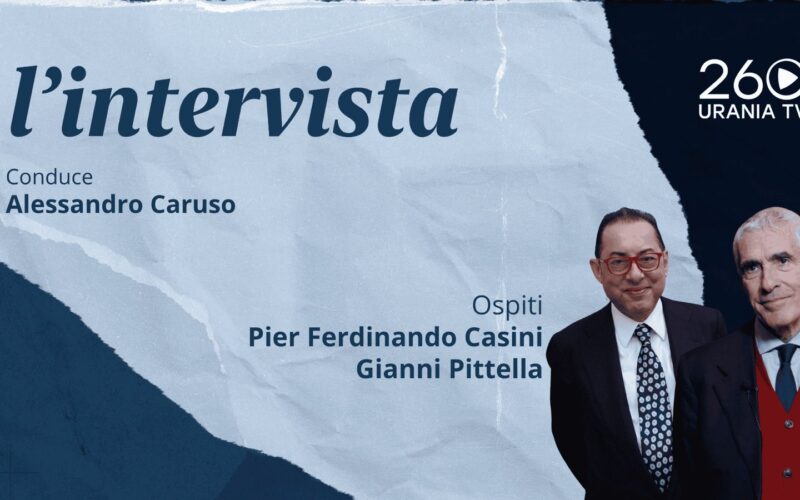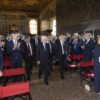Place Lux
Highlights from the European Council: unity, support, and action
Di Sara Cacioli
European Union leaders convened in Brussels on March 21-22 for a highly anticipated two-day European Council summit, where pressing issues dominated the discussion.
The first day acknowledged a resolute EU stance on the ongoing conflict in Ukraine, with leaders reiterating their unwavering support for the embattled nation, condemning Russia’s aggression. Pledges of comprehensive aid encompassing political, financial, economic, humanitarian, military, and diplomatic support were made, underscoring the urgency of the situation. Military support will prioritize air defence systems, ammunition, and missiles to bolster Ukraine’s defences. Additionally, the EU will explore using frozen Russian assets to fund further Ukrainian military assistance.
The European Council also discussed the need for a more robust European defence system in the face of heightened security challenges. Leaders committed to increasing defence expenditures and enhancing cooperative defence investments, with a focus on advancing access to cutting-edge defence technologies and incentivizing collective development and procurement of indispensable military capabilities. Ukrainian President Zelensky, speaking remotely, reiterated, “Our Europe needs real self-sufficiency in terms of defence” underscoring the objective to lessen Europe’s dependency on external defence suppliers and strengthen strategic autonomy.
The critical humanitarian situation in the Middle East, particularly in Gaza, was a pivotal focus during the leaders’ lunch with UN Secretary-General António Guterres. Leaders called for an immediate ceasefire and condemned both Hamas’ terrorist attacks and Israeli illegal settlement expansions across the occupied West Bank. “A fundamental principle of international humanitarian law is the protection of civilians,” stated Guterres. Advocacy for a two-state solution and adherence to international law were also emphasized.
In addition to these pressing matters, the summit covered various urgent topics including enlargement, migration, and economic policy. During the summit, the European Council decided to initiate accession negotiations with Bosnia and Herzegovina, while commending Ukraine and Moldova’s progress towards EU membership. Regarding migration, leaders reiterated their commitment to a strategic approach to migration, focusing on combating human trafficking and smuggling. Ultimately, the European Council officially approved the policy priorities delineated in the Annual Sustainable Growth Survey.
Day two included discussions on foreign policy and responses to the agricultural sector and concerns raised by farmers. “Farmers need a stable and predictable framework, which also supports them in addressing environmental and climate challenges.” This is what is stated in the conclusions adopted by the European Council. Furthermore, a special meeting with counterparts from Iceland, Norway, and Liechtenstein celebrated the 30th anniversary of their relationship within the European Economic Area.
The European nations must remain united in the determination “to increase the resilience and competitiveness of our economies”, these words concluded the Euro Summit held at the margin of the meeting.








